OSLO, Norway: Findings from the University of Oslo give hope to individuals suffering from impaired vision due to stem cell deficiency of the cornea. Using cells harvested from the patient’s mouth, researchers have been able to grow new tissue that, once transplanted into the damaged eye, helps to restore sight and eliminate pain from the cornea.
In individuals with limbal stem cell deficiency, the stem cells cannot renew the cornea’s outermost layer. Instead, other cells grow over the cornea, resulting in the cornea becoming fully or partially covered. In addition, some patients experience severe pain, which is due to the high number of nerve fibres in the area.
For the last ten years, Dr Tor Paaske Utheim, an ophthalmologist and research associate at the University of Oslo, has been conducting research on utilising stem cells from the mouth in order to help patients suffering from limbal stem cell deficiency. So far, almost 250 people with the condition have undergone treatment, involving transplantation of stem cells grown from their own mouth cells.
Utheim’s research objectives further focused on optimising the storage and transport potential of the treatment. Because the disorder most often affects people living in developing countries, it is especially important that extracted cells can be easily kept and transported, he explained. As a result, the clinician developed a special storage technology that enables the cultured tissue to be transported in a small custom-made plastic container. According to Utheim, the system allows for a completely new level of flexibility.
“Today, cells from the mouth are cultured for use in the treatment of blindness in only a few specialized centers in the world. By identifying the optimal conditions for storing and transporting the cultured tissue, we would allow for the treatment to be made available worldwide, and not just close to the cell culture centers,” added Rakibul Islam, a PhD student from Utheim’s research group.
Islam’s PhD project at the Department of Oral Biology showed, among other results, that cultured stem cells retain their quintessential properties best between 12 and 16 °C. He further found that certain areas of the mouth are better suited to use in regenerative medicine than others are. “Our results show that the location from which the mucosal tissue is harvested has a striking impact on the quality of the cultured tissue,” Islam said.
The group’s findings illustrate the benefits of interdisciplinary efforts in research, in this case between dentists and ophthalmologists. Their results will help to simplify and streamline the clinical procedures, and therefore make the treatment more accessible than it is today, Islam concluded. The results of his PhD study have not yet been published.
Limbal stem cell deficiency can be caused by factors such as ultraviolet radiation, chemical burns, serious infections like trachoma, and various other diseases, some of which are heritable. The exact number of people affected by the disorder is unknown, but in India alone there are an estimated 1.5 million people suffering from the condition.
A summary of Utheim’s findings was published in the June issue of the STEM CELLS journal in an article titled “Transplantation of cultured oral mucosal epithelial cells for treating limbal stem cell deficiency—Current status and future perspectives”.
JÖNKÖPING, Sweden: When young people are placed in care, child welfare services, healthcare authorities and institutional care providers assume ...
UMEÅ, Sweden: As post-pandemic research continues to examine how different public health responses shaped oral healthcare access and outcomes, a new study ...
ESPOO, Finland: Regular toothbrushing helps maintain good oral health, but does not completely prevent the occurrence of oral disease. To help kill ...
TROMSØ, Norway: Norwegian researchers have investigated the use of complementary and alternative medicine (CAM) in patients with health complaints ...
GOTHENBURG, Sweden: At Neoss Integrate 2022 in June in Gothenburg in Sweden, Neoss Group launched its new easy-to-use intra-oral scanner, the NeoScan 1000,...
Smart toothbrushes and intra-oral sensors that continually monitor biomarkers in the oral cavity, efficient and free dental services based on preventive and...
MALMÖ, Sweden: As a follow-up to last year’s clinical symposium, which was the first of its kind for TePe, the Swedish oral health company is hosting a ...
GOTHENBURG, Sweden: Though its causes can be unclear and multiform, the effects of dental anxiety in patients are well understood. As it increases, patients...
EDMONTON, Alberta, Canada/LONDON, U.K.: Given that more than 2.3 billion people are estimated to suffer from dental caries, any potential advances in dental...
MALMÖ, Sweden: In the hope of better understanding the status quo of dental education within the EU, various stakeholders from Sweden, the UK and Spain, ...
Live webinar
Tuesday, 24. February 2026
19:00 CET (Oslo)
Prof. Dr. Markus B. Hürzeler
Live webinar
Tuesday, 24. February 2026
21:00 CET (Oslo)
Prof. Dr. Marcel A. Wainwright DDS, PhD
Live webinar
Wednesday, 25. February 2026
17:00 CET (Oslo)
Prof. Dr. Daniel Edelhoff
Live webinar
Wednesday, 25. February 2026
19:00 CET (Oslo)
Live webinar
Thursday, 26. February 2026
02:00 CET (Oslo)
Live webinar
Tuesday, 3. March 2026
17:00 CET (Oslo)
Dr. Omar Lugo Cirujano Maxilofacial
Live webinar
Wednesday, 4. March 2026
02:00 CET (Oslo)
Dr. Vasiliki Maseli DDS, MS, EdM



 Austria / Österreich
Austria / Österreich
 Bosnia and Herzegovina / Босна и Херцеговина
Bosnia and Herzegovina / Босна и Херцеговина
 Bulgaria / България
Bulgaria / България
 Croatia / Hrvatska
Croatia / Hrvatska
 Czech Republic & Slovakia / Česká republika & Slovensko
Czech Republic & Slovakia / Česká republika & Slovensko
 France / France
France / France
 Germany / Deutschland
Germany / Deutschland
 Greece / ΕΛΛΑΔΑ
Greece / ΕΛΛΑΔΑ
 Hungary / Hungary
Hungary / Hungary
 Italy / Italia
Italy / Italia
 Netherlands / Nederland
Netherlands / Nederland
 Nordic / Nordic
Nordic / Nordic
 Poland / Polska
Poland / Polska
 Portugal / Portugal
Portugal / Portugal
 Romania & Moldova / România & Moldova
Romania & Moldova / România & Moldova
 Slovenia / Slovenija
Slovenia / Slovenija
 Serbia & Montenegro / Србија и Црна Гора
Serbia & Montenegro / Србија и Црна Гора
 Spain / España
Spain / España
 Switzerland / Schweiz
Switzerland / Schweiz
 Turkey / Türkiye
Turkey / Türkiye
 UK & Ireland / UK & Ireland
UK & Ireland / UK & Ireland
 International / International
International / International
 Brazil / Brasil
Brazil / Brasil
 Canada / Canada
Canada / Canada
 Latin America / Latinoamérica
Latin America / Latinoamérica
 USA / USA
USA / USA
 China / 中国
China / 中国
 India / भारत गणराज्य
India / भारत गणराज्य
 Pakistan / Pākistān
Pakistan / Pākistān
 Vietnam / Việt Nam
Vietnam / Việt Nam
 ASEAN / ASEAN
ASEAN / ASEAN
 Israel / מְדִינַת יִשְׂרָאֵל
Israel / מְדִינַת יִשְׂרָאֵל
 Algeria, Morocco & Tunisia / الجزائر والمغرب وتونس
Algeria, Morocco & Tunisia / الجزائر والمغرب وتونس
 Middle East / Middle East
Middle East / Middle East

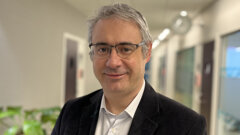



















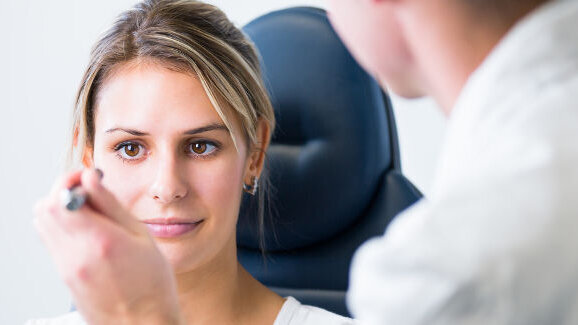





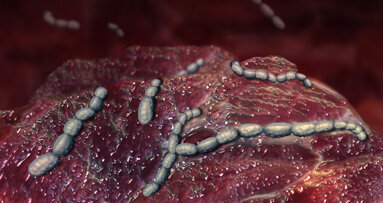
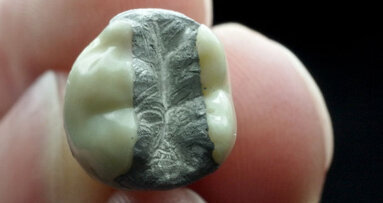
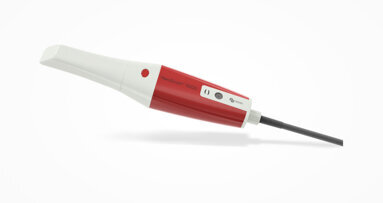

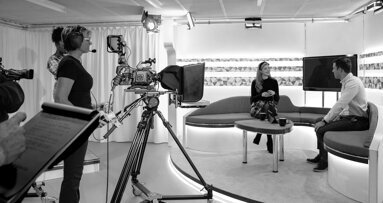
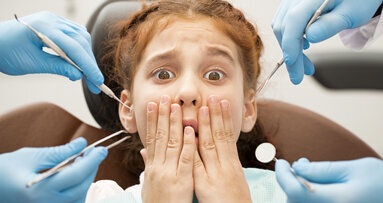
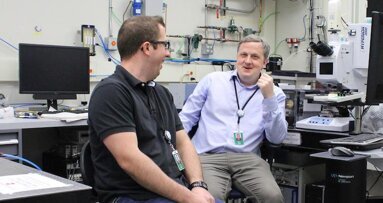
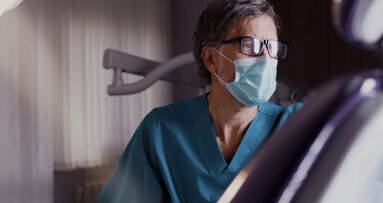









To post a reply please login or register